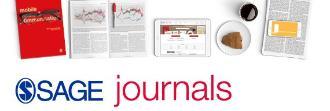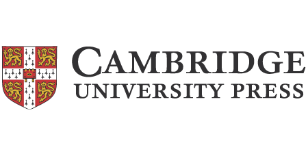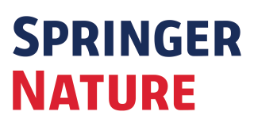Research Excellence Framework (REF) Open Access Policy
Open access is a requirement for REF eligibility, so if you have a journal article or conference paper accepted for publication you must deposit the accepted manuscript in the University of Cumbria Research Repository within three months of the date of acceptance.
The Authors Accepted Manuscript (AAM) is the peer-reviewed version of an article/conference proceeding that has been accepted for publication. The content of the article is the same as the published version, but it is not the final published article with the publisher's typesetting and layout (e.g. page numbers).
It is the author’s responsibility to make sure a record is created in the research repository.
University of Cumbria Research Publications Policy
The University of Cumbria's Research Publications Policy is a comittment to sharing research outputs as widely as possible in order to enhance use, impact and reputation.
UK Research and Innovation (UKRI) Policy
The new UKRI OA Policy launched in 2021 by UK Research and Innovation (UKRI) applies to publications that acknowledge funding from UKRI and any of its constituent councils (AHRC, BBSRC, EPSRC, ESRC, MRC, NERC, MRC or STFC). May influence the OA requirements of the next REF.
The new UKRI Open Access Policy applies to:
- Peer-reviewed research articles submitted for publication on or after 1 April 2022. For articles submitted prior to 1 April 2022, the old RCUK Open Access Policy still applies. The main changes for peer-reviewed journal articles:
- Immediate open access is required i.e. no embargoes. This may be achieved via the green, diamond, or gold routes.
- A Creative Commons CC-BY licence is required. A CC BY-ND may be permitted by the funder, on a case-by-case basis.
- Monographs, book chapters and edited collections published on or after 1 January 2024. Monographs are defined in the new UKRI policy as ‘a long-form publication which communicates an original contribution to academic scholarship on one topic or theme and is designed for a primarily academic audience… it may be written by one or more authors’. Page 4 of the Policy provides details of some of the possible exemptions, and page 5 of the Policy provides additional details about long-form publications which may contain third-party copyright content. Definitions of the long-form output types that are in-scope can be found on page 7 of the Policy.
Other Funder Policies
Follow the links below for details of key funders' open access requirements:
Further Support
Contact the library via research.repository@cumbria.ac.uk with any queries that you have. Contacting us at the point of submission will help to ensure that we can provide the most useful and timely advice but do get in touch at any point.





